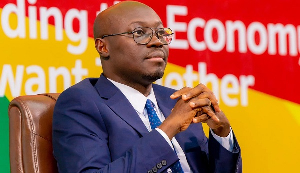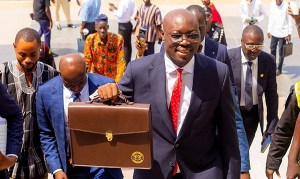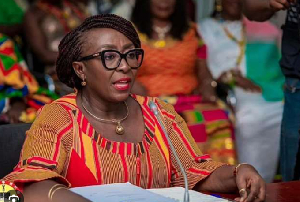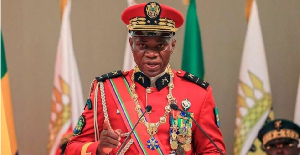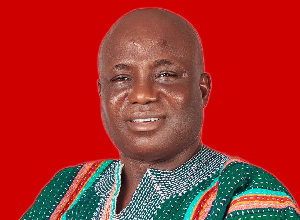Accra, March 3 GNA - The nine-member Presidential Commission set up to examine existing pension arrangements and to make recommendations for a more sustainable scheme that guarantees income security for the Ghanaian Public Sector Workers, on Friday, presented its final Report to President John Agyekum Kufuor at the Castle, Osu.
The 210-paged Report took into consideration various views expressed by the different stakeholders and experiences in selected developing countries with comparable economies as well as challenges confronting pension schemes in some developed countries, Mr Thomas A. Bediako, the Chairman, said, when presenting it.
The Commission, inaugurated on August 4, 2004, presented its Interim Report on June 7, 2005 and President Kufuor directed that it should be widely publicised and subjected to public debate.
Mr Boateng said the Commission met and sought verbal and written reactions from stakeholders including the Management of Social and National Insurance Trust (SSNIT), Managers of Ghana Universities Staff Superannuation Scheme (GUSS) representatives of the Judiciary, Security Services and the Ghana Armed Forces.
A special session was also held with the Council of State as well as nationwide radio and television discussions.
The Chairman said the recommendations in the Report were, therefore, the result of comprehensive examination of existing pension schemes, a detailed evaluation of scheme structures and benefits and a considered analysis of how best to reconcile the legitimate concerns of Government, other major stakeholders and the general public.
The consensus, during the Commission's interactions was that: "Since the quantum of pension benefits is linked to size of remuneration, as long as salaries remain low, pension benefits will remain low."
Mr Bediako said another concern expressed by people was that since the reports and recommendations of many Commissions and Committees set up in the past either remained ignored or had received partial implementation they wondered whether "this Report" was not going to suffer the same fate.
The Commission, he said, allayed the fears and suspicion by assuring the people that this time it would be different since the President had shown personal interest and commitment to its work. The Chairman said to ensure income security for workers and to avoid inequities in all existing parallel public sector schemes, the "ultimate goal is the phasing out of CAP 30 and the creation of a unified, strong and sustainable scheme for the Public Sector that will stand the test of time".
To achieve this, he said, there was the need for radical reforms in the present SSNIT to ensure better investment returns, to reduce its administrative cost and "right sizing" of its staff.
Besides, there should be a review of some sections of the 1992 Constitution to allow for the creation of a unified pension scheme, the establishment of an independent national Pensions Regulatory Body and comprehensive review of the total compensation package of workers, especially in the Public Sector.
Receiving the Report, President Kufuor said the Government was determined to make it become historic and functional. He gave the assurance that he would ensure that an Implementation Body was formed to quickly work on the Report to enable a White Paper to be issued on it.
He said the observation by the Commission that low wages could not make for high pensions was a big challenge the country faced but noted that there could be improvement on what now existed.
President Kufuor said feasible transitional arrangements would be put in place to facilitate the phasing out of CAP 30 and establish a reasonable and sustainable scheme in the country.
Mrs Irene Wontumi; Mr Andy K. Asare; Ms Josephine J. Amoah; Mr Austin Gamey; Mr Daniel Aidoo Mensah; Chief Musah B. Adam; Mr Martin Eson-Benjamin and Captain Joel Sowu (rtd) were the other members of the Commission.
General News of Friday, 3 March 2006
Source: GNA


